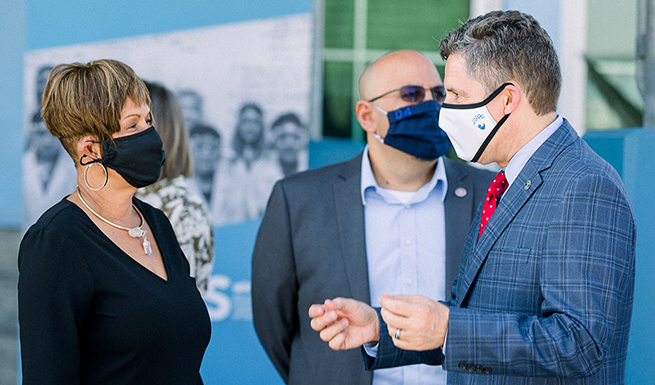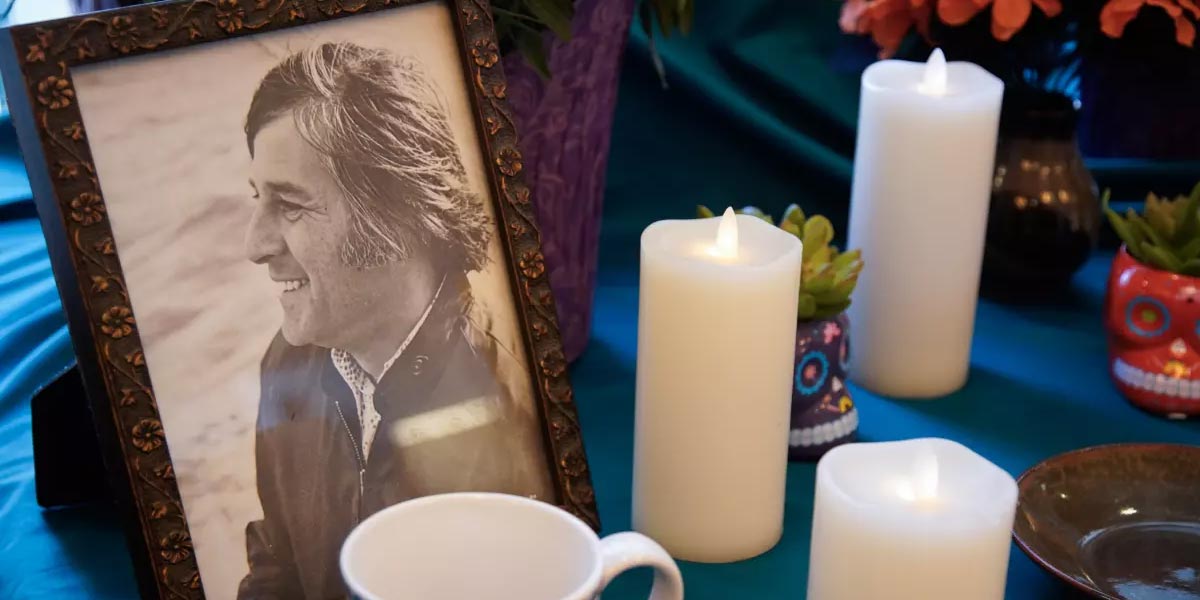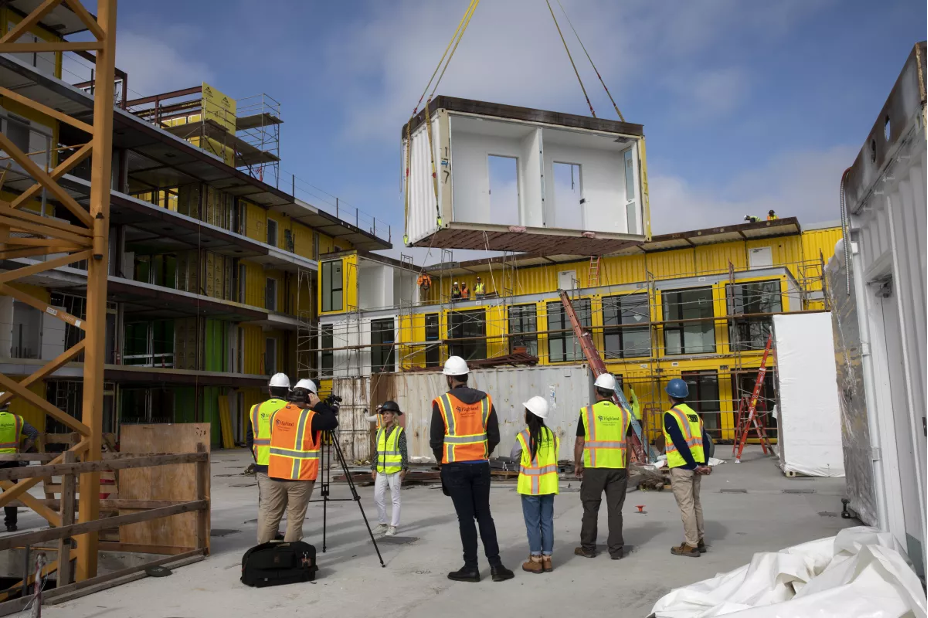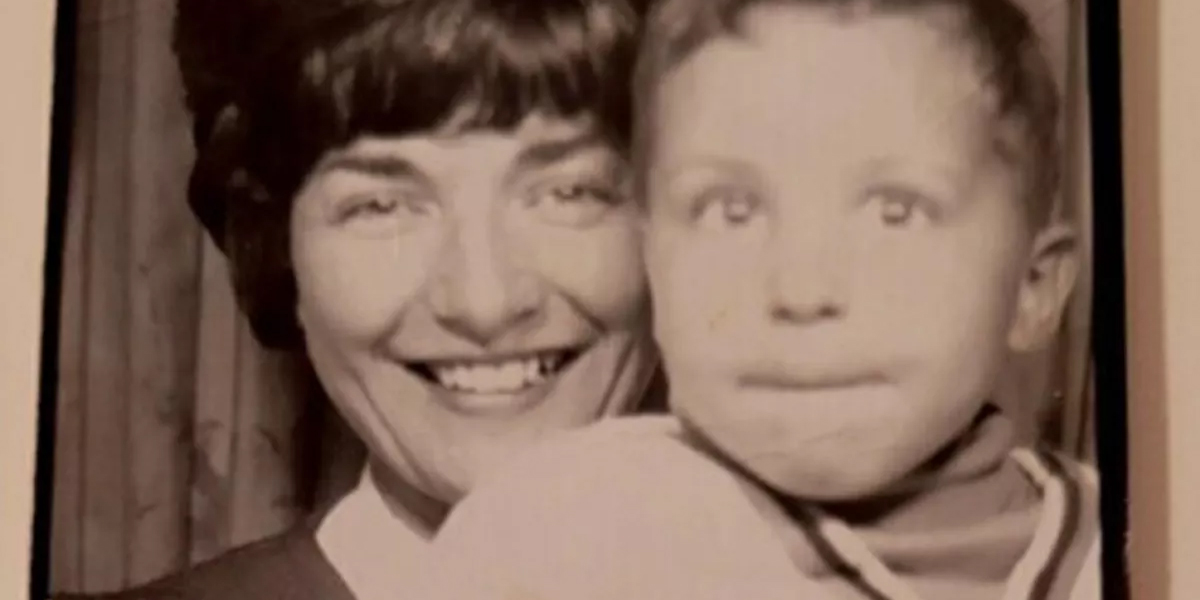One year ago, I reached out to local leaders as it was apparent that a devastating pandemic was about grip our region. We knew we needed to act fast. Immediately, we recruited a diverse range of partners across sectors so that we could create the San Diego COVID-19 Community Response Fund to help with the unknown challenges that had just begun to impact San Diego communities.
Since that ominous day, San Diego’s regional challenges of the past year have grown to levels that few of us could ever have imagined. We have experienced more than 265,000 cases of COVID-19 and, sadly, more than 3,400 deaths. With this COVID-19 crisis, we have faced one of the most significant threats to our health and economic stability. Far too many San Diegans have experienced tragedy. Even more face long-term unemployment, declining mental health and other unseen but equally devastating effects.
Philanthropy was the bright light of hope for so many of our fellow residents. We proved that we are better when we join together. The response fund has supported more than 2.3 million services delivered by local nonprofits to San Diegans. And more than 3,000 generous individuals, businesses and foundations made a donation to the Community Response Fund to help their neighbors, friends and family.
This altruism makes me so proud to be a part of our philanthropic community. As donations rolled in during the past 12 months, The San Diego Foundation raised more than $66 million, almost all of which has been granted out to date, and we relied more on trust-based philanthropy with grassroots leaders and community experts to help us get the funding where it is needed most.
Nonprofit leaders have demonstrated compassion, resilience and innovation. At the onset of the pandemic, many organizations changed their entire business models and operations to address immediate needs.
Big Table, one of the early COVID-19 Community Response Fund grantees, provided grocery gift cards to prevent food insecurity among restaurant workers who lost their jobs. Its staff spent hours on the phone with each and every individual to learn about their unique needs and find ways to help them through the crisis.
Parent Institute for Quality Education (PIQE) offered critical, yet long-term support. COVID-19 has reminded us how the digital divide continues to impact under-resourced communities. When classes went virtual, many students lost in-person access to a teacher. Through one-on-one phone calls, personalized online coaching and virtual classes delivered in various languages, PIQE has given parents the tools to support children’s home learning.
By spending years working deep within our communities, building relationships and gaining trust among San Diegans from all backgrounds, local nonprofit organizations like Big Table and PIQE have been some of the biggest difference-makers of the past year.
To become a more resilient region, we must also acknowledge that COVID-19-related economic and societal shifts have caused much damage over the past year. How can we diversify our economic landscape to limit job loss during the next crisis? In what ways can we strengthen the food distribution system to eliminate hunger and food insecurity? What do we need to do today so that future crises don’t cripple the education of our children? These are the hard questions we must address now.
San Diegans have lost a year of their lives with dreams and opportunities delayed and denied due to the effects of COVID-19. Now, it’s the responsibility of our entire community to help those who were adversely impacted get back on track.
San Diegans are resilient, generous and visionary. Together, we will invest in sustainable solutions that address the systemic issues that have led to many of the hardships from this past year. And we will continue to rely on our community leaders and local nonprofits whose heroic efforts have been the backbone of our pandemic relief.
This article first appeared in The San Diego Union~Tribune




